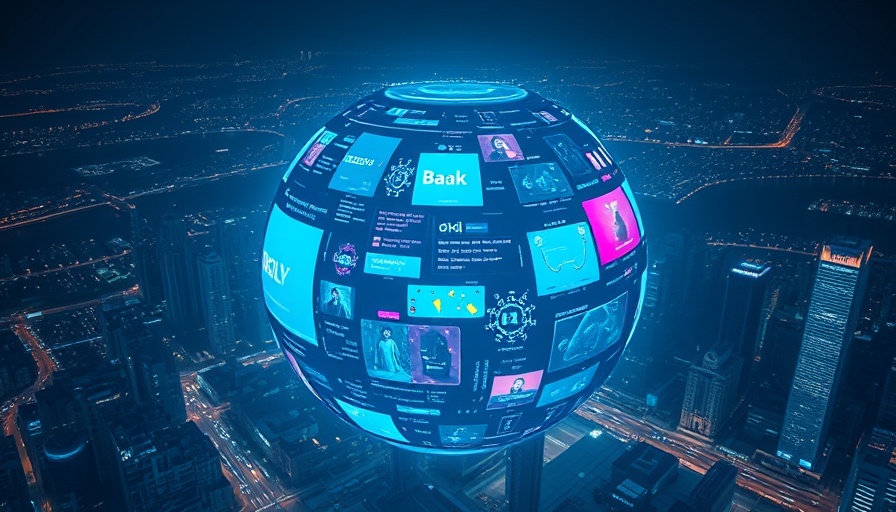
Why Are Businesses Hesitant on AI PCs?
Dell's recent push towards AI PCs during its annual tech conference has generated significant buzz, yet adoption rates remain surprisingly low among customers. In the wake of Windows 10’s end of life, many businesses are still opting for traditional PCs. Dell's VP & GM of commercial, consumer, and gaming PCs, Kevin Terwilliger, noted, "We still see a huge part of the market still buying non AI-PCs, and it's almost mind boggling that when they're refreshing to Windows 11, that they wouldn't be buying probably the most important thing to future proof." This sentiment reflects a larger dilemma within the tech industry, as companies grapple with the pacing of necessary hardware upgrades amidst persistent market uncertainties.
Understanding the Current Transition to Windows 11
Transitioning from Windows 10 to Windows 11 poses a critical moment for businesses, yet data suggests that the market isn't responding as Dell had anticipated. Terwilliger expressed concerns, revealing that the adoption of Windows 11-compatible devices is lagging behind the historical transition from Windows 7 to 10 by as much as 30 percentage points. Many companies appear hesitant to upgrade, preferring to wait for a clearer view of AI hardware offerings, which complicates the refresh cycle.
Impact of Economic Factors on Hardware Decisions
Budgetary constraints are indeed at play here. Many businesses opt for devices that are deemed "good enough" rather than investing in cutting-edge AI technology. After the economic disruptions of recent years, companies are more cautious about spending, especially on equipment that doesn't seem immediately necessary. This cautious approach underscores a fundamental issue: organizations must balance immediate operational needs with future-proofing strategies.
Market Dynamics and AI Hardware Demand
Interestingly, not all segments are equally skeptical. Small and medium-sized businesses (SMBs) and 'prosumers' show more enthusiasm towards AI PCs, as their user base is often driven by a desire for engaging and functional technology. Dell's Alexandre Brousse highlighted that while significant segments of the market are hesitant, adopting new AI hardware could also cater to unique functionalities that appeal to tech-savvy users.
Evaluating the Potential of AI PCs
While the hesitation among corporate consumers grows, the potential benefits of AI PCs cannot be overlooked. Enhanced productivity through AI integration could support real-time data processing and decision-making, significantly impacting operational efficiency. Yet, pricing remains a significant barrier. If Dell is to sway businesses towards AI-optimized machines, it may need to better communicate not just the features, but the unique value propositions that set these devices apart.
What Lies Ahead for AI PC Adoption?
The future landscape of AI PCs hinges on overcoming both technical and psychological barriers within the market. Companies like Dell are making strategic investments to prepare for a shift towards AI-driven solutions, but latent skepticism among businesses suggests there is much work ahead. As companies weigh their options, leaders must consider not only the budget implications of upgrading systems but also the broader benefits of maintaining a competitive edge through technology.
Conclusion: The Call for Agility and Awareness
As the tech industry continues to evolve, it’s crucial for stakeholders to remain agile and well-informed about their options. Companies in the technology and marketing sectors should stay alert to emerging trends and be prepared to adapt their equipment and strategies accordingly. Embracing new technology now may very well position organizations as leaders in a competitive market.
 Add Row
Add Row  Add
Add 




Write A Comment